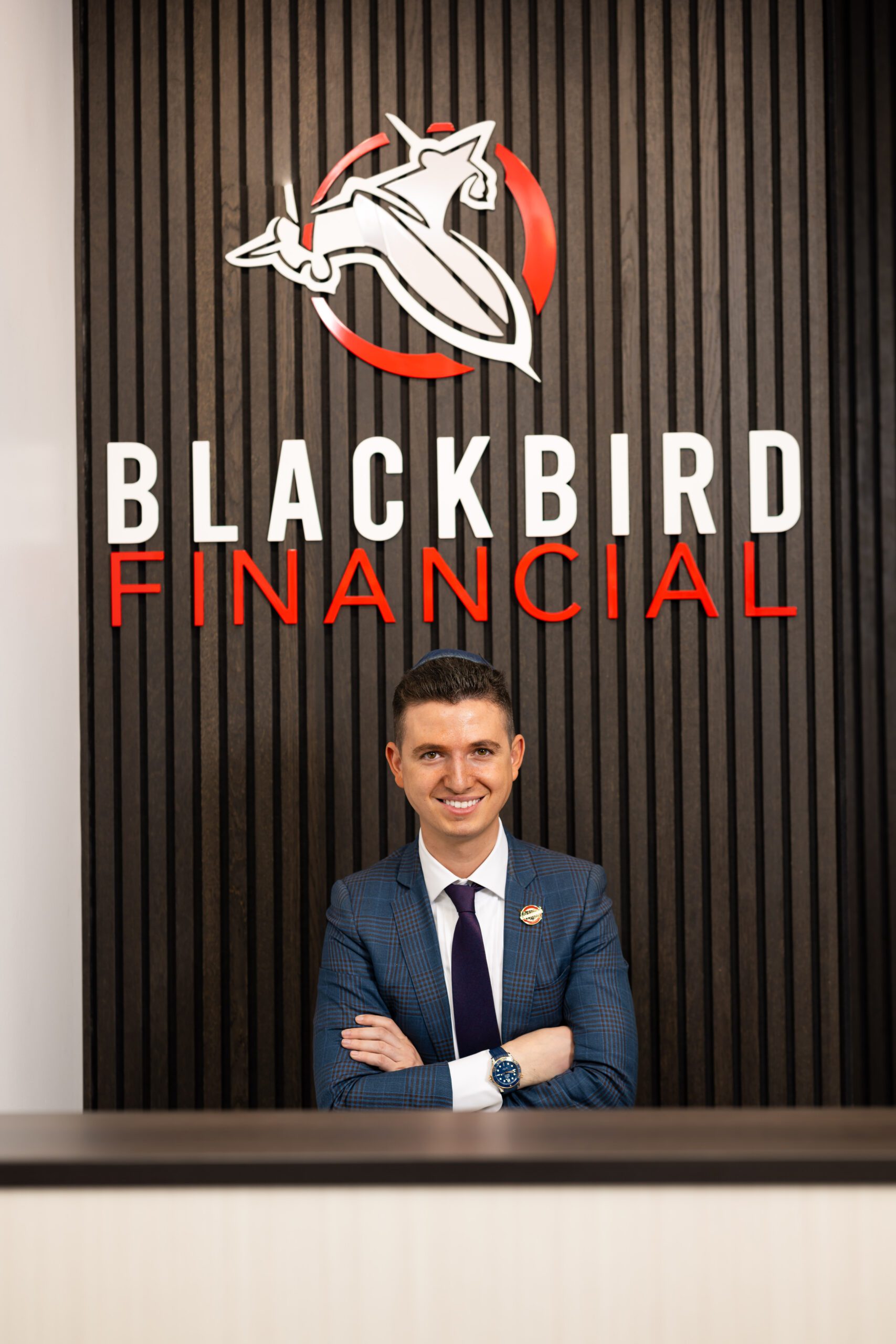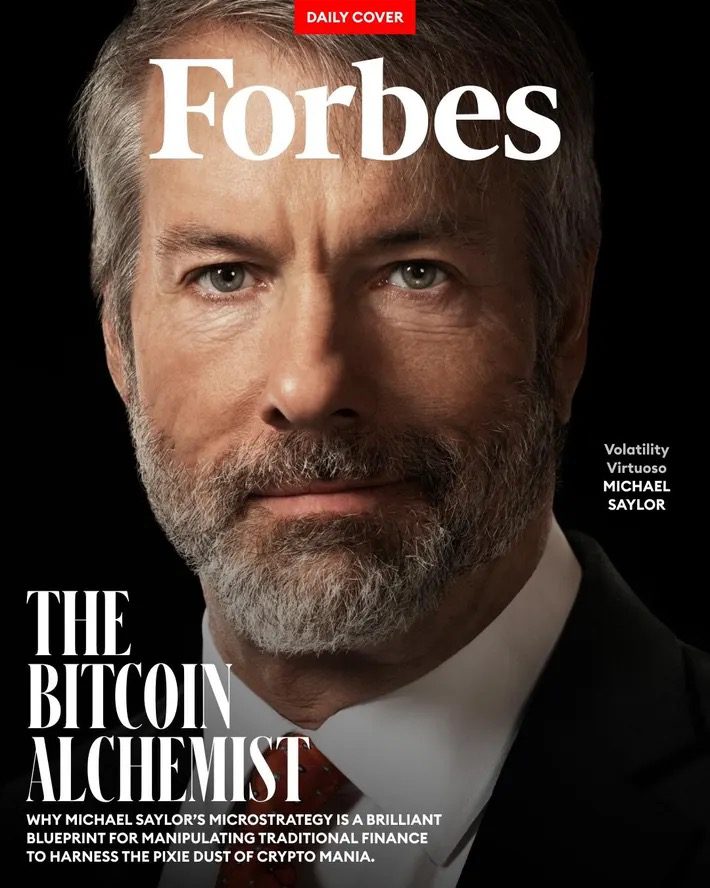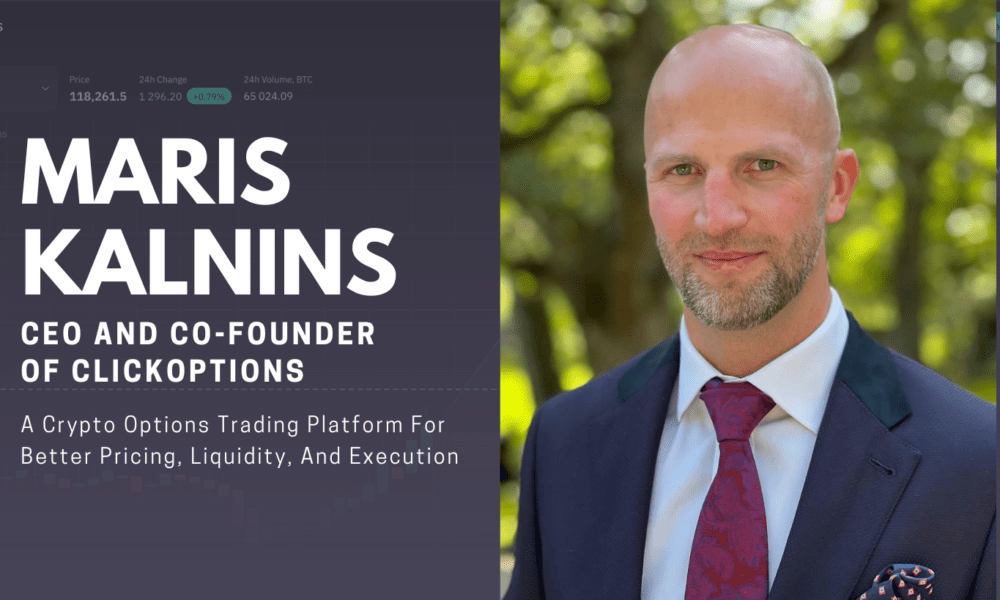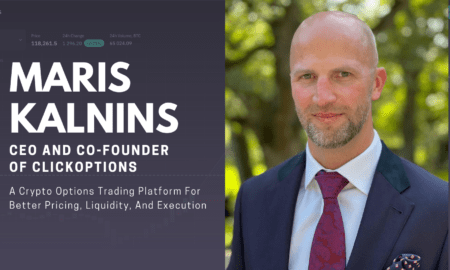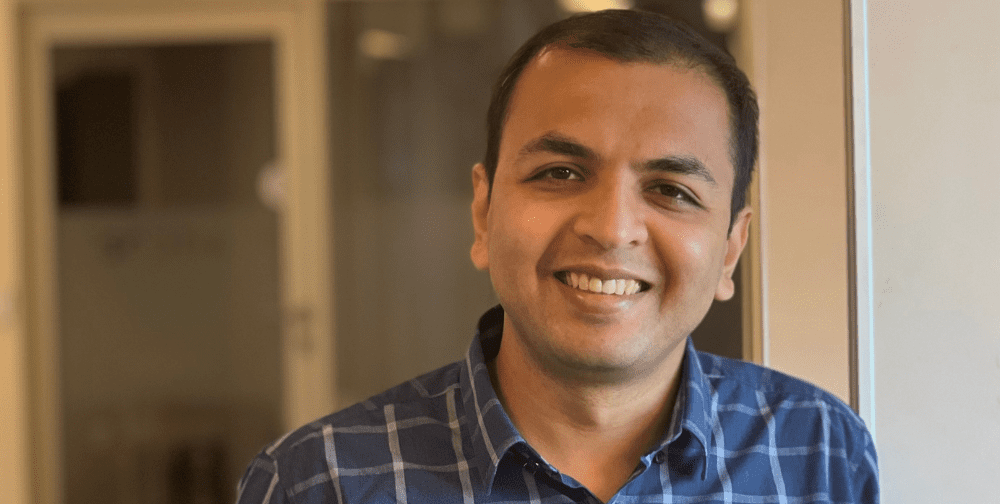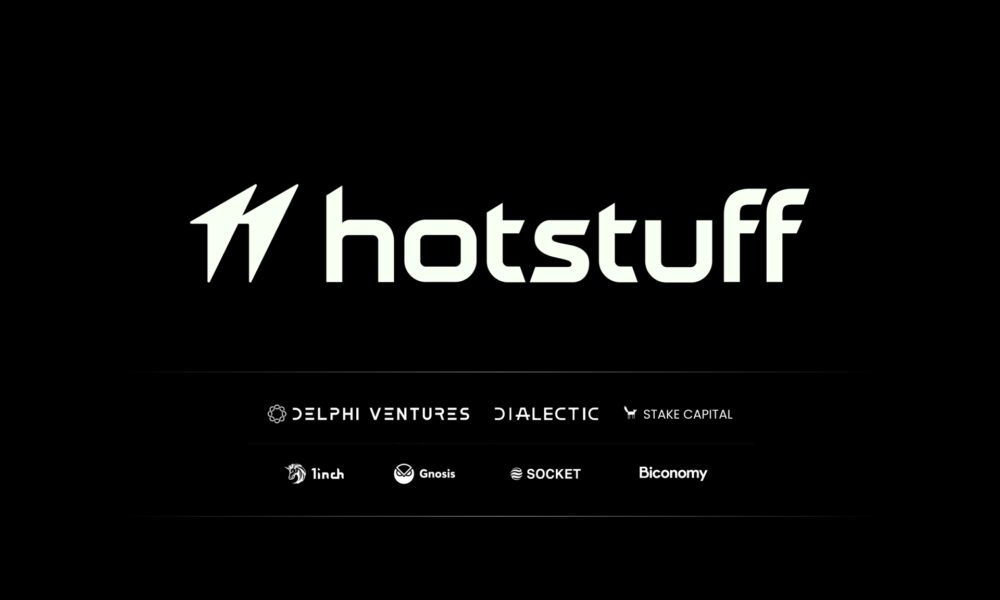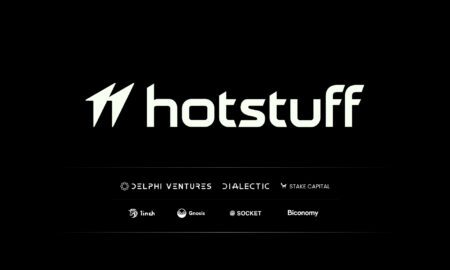Contrarian Hedge Fund Manager Warns That Bitcoin Hype Is Masking a Crisis of Productivity
Judah Spinner, a prominent hedge fund manager known for his contrarian insights and clear-eyed market analysis, is sounding the alarm on what he calls the “financial alchemy” playing out in the wake of Bitcoin’s explosive rise. At the center of it, Spinner says, is a troubling phenomenon: failed or stagnant companies abandoning real business models to become Bitcoin-holding shells, and being rewarded for it.
“The last decade has brought immense wealth to bitcoin speculators,” Spinner said, noting the cryptocurrency’s staggering 28,000% rise during the period. “But history shows us that rapid gains built on speculation, not productivity, tend to attract the wrong kind of heroes. The crypto industry provides the perfect environment for a snake oil salesman.”
Leading the charge, Spinner argues, is Michael Saylor, Executive Chairman of Strategy Inc. (formerly MicroStrategy), a man described as “the high priest of Bitcoin maximalism.” Once hailed by many as a genius during the dot-com era, Saylor has made a dramatic return to the spotlight, not by reinventing business software, but by convincing naive investors that a cocktail of Bitcoin and financial engineering is the recipe of extraordinary wealth creation.
Saylor founded MicroStrategy in 1989 with the goal of creating software for business intelligence and analytics. The company found moderate success, but nothing close to dominance. Then came the dot-com boom, and by the late 1990s, Saylor had become a Wall Street darling. Here’s a revealing excerpt from a 1997 Fortune article:
“I think I’ve met a real, honest-to-goodness visionary. This is kind of a sticky thing to talk about. Imagine that I cruised into your office, asking you all kinds of personal questions and sticking my nose into your business. And then I turn around and call you a visionary in front of the whole business world. How would you feel? Probably a lot like Michael Saylor is feeling right now. But I’ve got a feeling Saylor really is a visionary.”
By early 2000, MicroStrategy’s market capitalization had ballooned to $24 billion, despite posting just $151 million in revenue and $35 million in operating losses. Investors, high on hype, bought into the dream, until it all collapsed.
That March, the SEC charged Saylor and MicroStrategy with accounting fraud, forcing the company to restate three years of earnings. The stock price plummeted by more than 99%, and Saylor’s personal fortune — which had peaked at $13 billion — vanished almost overnight. For the next two decades, MicroStrategy remained on life support, its market cap stuck below $1 billion, its original grand ambitions long forgotten, replaced by a quiet struggle for relevance in a world that had moved on.
Then in 2020, with nothing of substance left to sell, Saylor made his move: Bitcoin. Here’s how Saylor portrays the transition: “We adopted Bitcoin out of frustration and desperation, and then it became an opportunity, and then it became a strategy, and then it became an identity, and then it became a mission.”
MicroStrategy announced it would shift its corporate treasury into Bitcoin with an initial $250 million purchase, funded with cash on hand. That was just the beginning. The company raised billions through convertible debt and equity offerings, using the proceeds to buy more and more Bitcoin. As of this writing, Strategy Inc. holds 641,205 Bitcoins, a stash now worth over $65 billion.
Just as he had done in the dot-com era, Saylor used his persona to garner a cult-like following of faithful, unwavering believers. He persuaded them that Bitcoin, an asset that generates no income and lacks the hallmarks of a reliable store of value or efficient medium of exchange, is not only immensely valuable but also destined to appreciate at a pace far exceeding that of the S&P 500, which collectively generates over $2 trillion in annual earnings.
Beyond this, Saylor has convinced his followers that MicroStrategy found a monetary glitch in the financial markets that they’re taking advantage of, making the company worth significantly more than the value of its Bitcoin holdings. As a result, MicroStrategy’s enterprise value far exceeds the value of its Bitcoin holdings.
This has been a boon for Saylor, whose personal net worth has rebounded to nearly $10 billion, thanks largely to the rise in Strategy’s stock price. “What exactly has he built in the last two decades?” Spinner asked. “Nothing. No product. No innovation.”
Saylor’s success hasn’t gone unnoticed by other struggling companies. In the wake of Strategy’s meteoric rise, a wave of public companies with failing business models have rebranded themselves as Crypto treasury firms as a way to boost their stock prices and media profiles. But ultimately, Spinner says, wealth cannot be created without the production of a good or service. “It’s no more than a wealth transfer, there is not a single dollar of value created.”
“The real damage,” Spinner argues, “is that massive amounts of labor and capital are siphoned away from the productive sectors of the economy—healthcare, energy, infrastructure—into what is essentially financial alchemy.” He continues: “It’s deeply corrosive to our culture. We’ve started celebrating speculators as if they were industrial titans.”
Compare Strategy, which has a $70 billion market capitalization, to Waste Management, which has a similar valuation. Waste Management owns and runs 263 landfills, 102 material recovery facilities, and 332 transfer stations. It brings in over $20 billion in annual revenue and employs 48,000 people. More importantly, it provides real, tangible value to millions of Americans every day. Strategy, by contrast, is little more than a vault of digital tokens.
“The good news,” Spinner says, “is that this madness will end. Whether it’s next month or five years from now, society will come to its senses. And Saylor and his imitators will find themselves where they were in the early 2000s—watching the illusion collapse.”
As Mark Twain aptly observed, “History doesn’t repeat itself, but it often rhymes”.
About BlackBird Financial
BlackBird manages assets for high-net-worth families across the United States and Canada. They are headquartered in Toms River, New Jersey. The firm follows a Grahamian investment approach and has achieved returns substantially above market benchmarks.
The firm has been garnering national media attention with recent coverage in MarketWatch, Globe Newswire, Business Insider, and more, reflecting growing interest in the firm’s contrarian perspectives and demonstrated investment success.
About Judah Spinner
Judah Spinner is the founder of BlackBird Financial LP, a New Jersey–based investment partnership that manages capital for high-net-worth families across the United States. He holds a bachelor’s degree from Crestpoint University and is a Chartered Financial Analyst (CFA).
Beyond his investment management work, Spinner has created multiple philanthropic initiatives addressing critical national challenges. The Judah Spinner Foundation at judahspinnerfoundation.com serves as an umbrella organization supporting several focus areas. Specific initiatives include healthcare cost reform efforts through judahspinner.me and federal deficit reduction advocacy via judahspinner.org. Spinner also recently established the Judah Spinner Scholarship program at judahspinnerscholarship.com which provides funding for trade-school education. The aim is to help the bottom quartile, by income, dramatically improve their standard of living without a four-year degree. Additional information about his background, philosophy, and initiatives is available at aboutjudahspinner.com.
Interested parties can connect with BlackBird Financial via:
BlackBird Financial Website: https://blackbirdfinancial.com/
BlackBird Financial LinkedIn: https://www.linkedin.com/company/blackbirdfinanciallp/
BlackBird Financial Instagram: https://www.instagram.com/judahspinner/
BlackBird Financial X: https://x.com/BlackBirdLP
Parties can connect with Judah Spinner via:
Judah Spinner Website: https://aboutjudahspinner.com/
Judah Spinner LinkedIn: https://www.linkedin.com/in/judah-spinner/
Judah Spinner Instagram: https://www.instagram.com/judahspinner/
Judah Spinner X: https://x.com/SpinnerJudah

